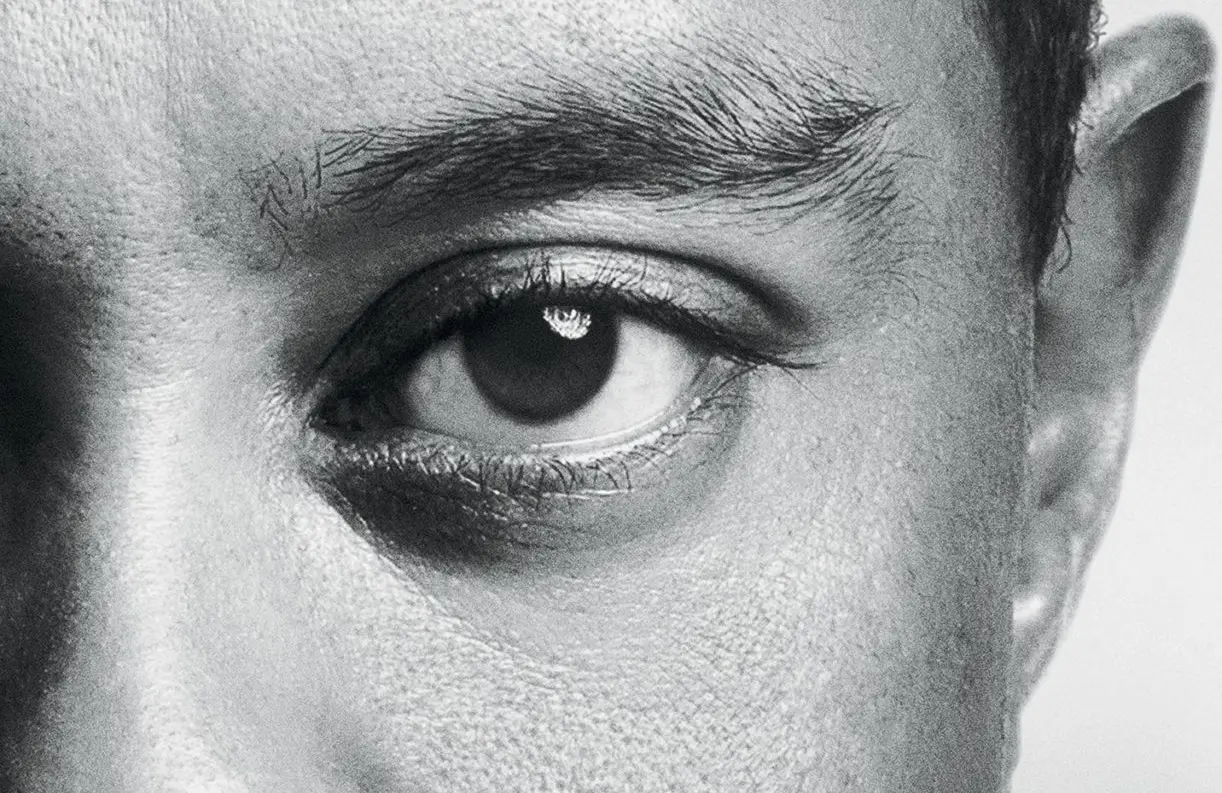HBO's Tiger Gets Lost in the Woods
-
 Tiger premieres on HBO January 10th.
Tiger premieres on HBO January 10th.The new two-part documentary Tiger, which profiles golf great and tabloid-frenzy survivor Eldrick "Tiger" Woods, parallels its titular subject in a number of ways. Both are clearly the products of hard work, talent, and a plan, but just like the man himself, Tiger leaves viewers wondering if, given more time and focus, it could have achieved more.
Produced by Alex Gibney (Going Clear; Enron: The Smartest Guys in the Room), Tiger is directed by Matthew Heineman and Matthew Hamachek (Cartel Land), and boasts the participation of such former Woods intimates as his longtime caddy Steve Williams, fellow golf titan Sir Nick Faldo, and Woods' first girlfriend, Dina Parr — not to mention Rachel Uchitel, the woman whose relationship with Woods put a massive crack in the foundation of his carefully controlled image and brand.
Despite its impressive pedigree and access, the film's overall build is a bit shaky. Drone shots go on far too long (five seconds of the Vegas strip will get it done, we don't need thirty). There's a cliched montage of news anchors saying "Tiger Woods." One interview with Woods himself seems to have been filmed specifically for Tiger — but only one, and it's evident he didn't participate in the project. Sometimes chyrons locate the viewer in the timeline, other times it's unclear "when we are," or why several years have been skipped.
The central problem with Tiger is that it tries to cover more than its runtime will allow, and in many cases, it fails to provide enough context to put things in perspective. For one thing, it doesn't quite convey why Woods' brand of golf set the world on fire back in the nineties. Part of it was his sheer domination of the sport at his peak, but watching Tiger Woods play is exciting, in a way that watching Secretariat leave the rest of the field behind in the 1973 Belmont Stakes is exciting, and there isn't enough footage to illustrate that fact. The same goes for Earl Woods' grandiose plans for (and comments about) his son's destiny; he had Tiger swinging a club as an infant, and compared him to Gandhi. (Earl also had sex with women other than his wife in a Winnebago next to the driving range.) Tiger's interviewees try to draw various conclusions about the psychologically stunting effects of a "sports dad" who calls his son his best friend, even as he's putting impossible pressure on him (and simultaneously disrespecting his son's mother), but the sports-parent phenomenon calls for a much more thorough approach. Tiger also briefly touches upon what Woods meant to Nike and sports branding early in his career, but fails to explore the marketing fallout when the Just Do It golden boy got caught with his pants down and was arrested for driving under the influence.
Tiger also struggles to engage meaningfully with the question of race. The production took heat last summer for a lack of diversity behind the camera. The threats and epithets Woods faced; the coded lecture Woods got from the chairman of the Augusta National Golf Club after the sex scandal; and many other aspects of Woods' experience as a Black man — who was reluctant to describe himself as Black — taking on a disruptor role in the whitest and richest sport in a racist country... What would any of that have looked like if one or both of the directors were Black, or Asian? It's not that Tiger doesn't acknowledge race and racism at all — any bio of Woods that hopes to be definitive has to at least try to go there, especially after ESPN confronted the topic so directly with its own production — but unlike a project like OJ: Made in a America, Tiger doesn't seem to understand that the discomfort with the conversation, particularly on the part of its subject, was the conversation.
As charismatic and compelling as Woods and his various triumphs and travails are, and as watchable as Tiger often is, it needed more time — in the editing bay and probably in its run-time, as well — to sort out its real self.
Tiger airs on HBO in two parts, on January 10th and 17th at 9:00 PM ET.
Sarah D. Bunting co-founded Television Without Pity, and her work has appeared in Glamour and New York, and on MSNBC, NPR's Monkey See blog, MLB.com, and Yahoo!. Find her at her true-crime newsletter, Best Evidence, and on TV podcasts Extra Hot Great and Again With This.
TOPICS: Tiger, HBO, Alex Gibney, Tiger Woods
- HBO's Tiger presents the "white America" take on Tiger Woods that barely touched on his Blackness
- Tiger Woods not being involved with HBO's Tiger gives the documentary an unexpected intimacy
- Tiger Woods' agent calls HBO docuseries a "salacious" and "incomplete portrait"
- HBO's Tiger Woods docuseries falls short, especially when it comes to race